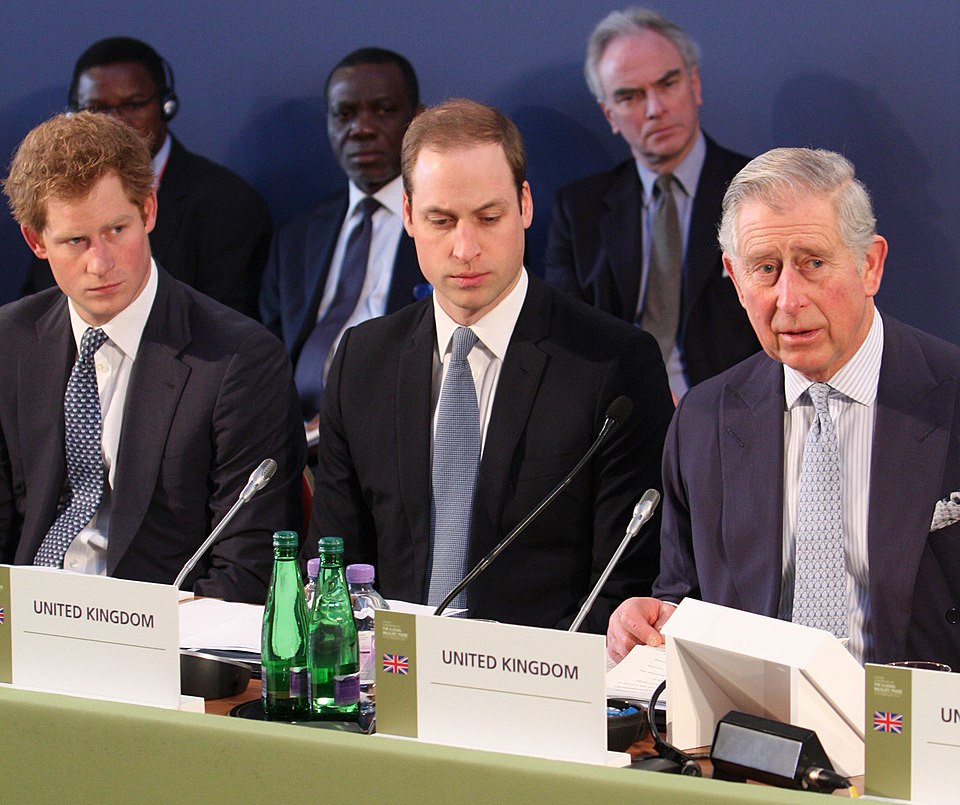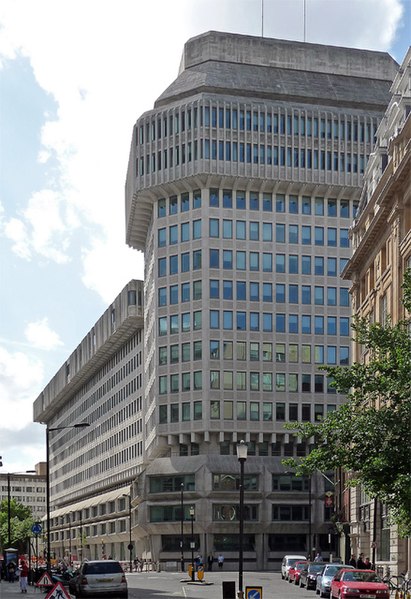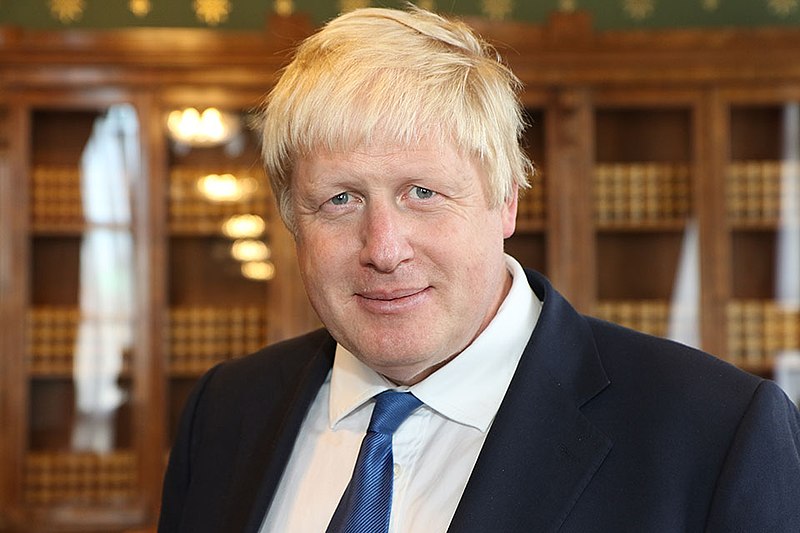
Chancellor Rachel Reeves is expected to implement tax increases in the upcoming Budget this month. The newly elected Labour government in Britain might need to raise taxes by £20 billion
in its inaugural budget to avert real-term reductions in public services, as stated by the Resolution Foundation on Saturday.
The think tank also suggested that amending budgetary regulations to adopt an alternative definition of public debt could enable Finance Minister Rachel Reeves to fund long-term investments while adhering to a pre-election commitment to reduce debt levels.
James Smith, the research director of the Resolution Foundation, remarked, "The budget should chart a new direction for the parliament through a comprehensive and long-term capital investment initiative, supported by a revised fiscal rule that considers both the advantages and costs of such investments."
Labour is encouraged to define debt in terms of public sector net worth, a broader metric that balances the value of various public assets against historical borrowing, potentially allowing for an additional £50 billion for investment, according to the think tank's recommendations. Smith added, "While the immediate response to this strategy may involve apprehension regarding tax increases and additional borrowing, the long-term benefits of revitalized public services, enhanced infrastructure, and stronger economic growth are essential for Britain."
Recent official data indicated that economic output grew by 0.2 percent in August following two months of stagnation. However, surveys of business and consumer confidence have revealed declining sentiment and apprehensions about possible tax increases.
Earlier this week, the Institute for Fiscal Studies estimated that Reeves would need to raise taxes by £25 billion to alleviate the pressure on public services resulting from the final budget of former Prime Minister Rishi Sunak's Conservative administration. Reeves has indicated that the Conservatives left a £22 billion gap in public finances and has cautioned that certain taxes will need to be increased. The Resolution Foundation noted that Reeves could potentially boost tax revenues by £20 billion, which represents approximately 0.7 percent of the economy. Photo by Lauren Hurley / No 10 Downing Street, Wikimedia commons.































































